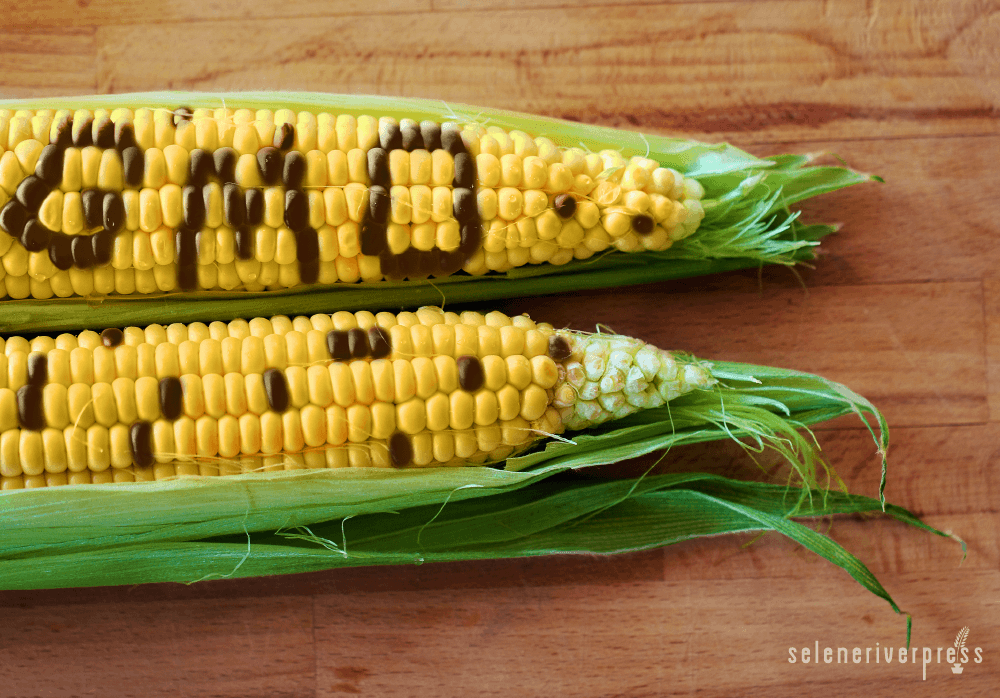A lot of people are freaking out about GMOs—and for good reason. The public has been lied to many times regarding food safety, so it’s no surprise we’re paranoid. How can we overlook mistakes like this old ad: “DDT is good for me-e-e!”
While the GMO debate rages, now there’s a new kid on the block: synthetically modified food. According to the NPR article “GMOs Are Old Hat. Synthetically Modified Food Is the New Frontier,” synthetic vanillin is already on grocery store shelves, and synthetic saffron, resveratrol, stevia, and animal-free milk will soon follow.
Companies that make synthetically modified food say their products are natural and thus safe. Likewise, GMO proponents argue that selective breeding of plants and animals is older than time itself. But I can’t help but be wary of both. Do the current benefits of these genetically engineered foods outweigh the long-term risks? “Seeds of Concern,” a Scientific American article, illustrates a potential problem with prevalent herbicide-tolerant GM crops that use a gene from the soil bacterium Bacillus thuringiensis (Bt) to tolerate exposure to glyphosate (sold as Roundup):
When it comes to basic biology, even GM crop proponents worry that gains made by modified plants are only temporary. After all, evolution does not stop for technology. Insects, for instance, may evolve strategies for overcoming Bt technology and eventually consume the transgenic plants with no effect.
Or nature may take a different tack, as suggested by the first long-term economic impact study of Bt cotton in China. That study, presented by Cornell University researchers at the July 2006 meeting of the American Agricultural Economics Association, found that farmers planting Bt cotton—designed to defy the leaf-eating bollworm—initially prospered, cutting pesticide use by 70 percent. By year seven of Bt cotton farming, however, secondary insects such as mirids crept in, replacing the bollworm as the star scourge—and forcing farmers to return to typical spraying levels, even as they paid for Bt seed, which costs two to three times more than conventional seed.
Another Cornell study found that Bt corn affects monarch butterfly populations. But you know what? I’m not a scientist. And most of us don’t have time to ferret out the truth. For me, the long-term effects of some GMOs warrant further investigation before I’m convinced they’re perfectly safe for both humans and the environment.
In the meantime, let’s all spend less time worrying about GMOs and synthetically modified food and more time planting and preparing whole foods using traditional methods. Avoid nutrient-dead, processed foods, and instead celebrate nutrient-dense, cultured, and fermented foods. Make organic food a priority—whether it’s by growing your own, buying it from local farmers’ markets, or participating in CSAs. Once and for all, let’s give the companies behind GMOs and synthetically modified food the message that we’re sick and tired of being sick and tired. We’re done arguing about the safety of these foods; we’ll just avoid them altogether.
Photo from iStock/nevarpp


